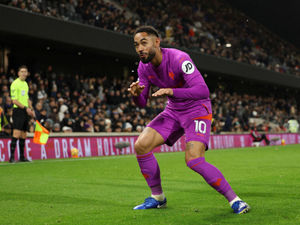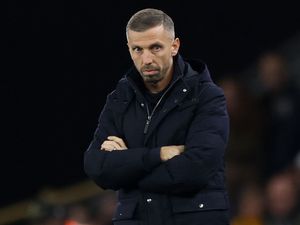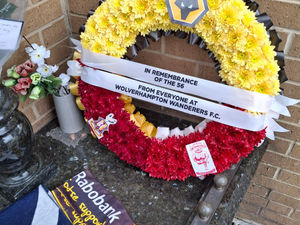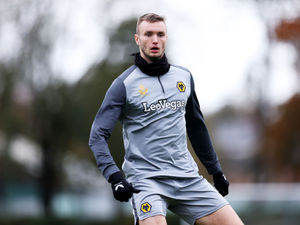A look back at Wolves’ other Wembley stars
Wembley played host to the FA Cup and Championship play-off finals last weekend. The Champions League final will follow this Saturday. Some hat trick, that.
Watch more of our videos on ShotsTV.com
and on Freeview 262 or Freely 565
As the national stadium, it has, of course, been the home of unparalleled drama, of triumph and disaster, whether in its current guise since being redeveloped in 2007, or from its original opening in 1923.
But trophies and medals awarded following big finals at Wembley Stadium aren’t the only footballing accolades which have been handed out within the ‘HA’ postcode.
Just down the road is the OVO Arena, an indoor facility with a 12,500 capacity which is the second largest in London - behind the O2 - and ninth largest in the United Kingdom.
It was previously known as the Empire Pool, and, during that time, between 1968 and 1986, served as the venue for a five-a-side competition involving top teams from both England and Scotland.
Ah, five-a-side football. That staple diet of football-loving friends and work colleagues across the kingdom, whether just playing for fun or in leagues at the likes of Dunstall, Sixes, Goals and many other locations across the Wolverhampton area and beyond down the years.
This tournament, however, was different. This one was serious.
The Daily Express National Five-A-Side involved professional clubs and not only attracted capacity crowds at the indoor arena but also millions of viewers elsewhere being screened on the BBC’s iconic Wednesday night Sportsnight programme.
And Wolves? Well, Wolves won it. Twice! One of only two teams, along with Southampton, to emerge victorious on two separate occasions.
“We played a lot of five-a-side in training and had a lot of players who were good at it,” recalls Kenny Hibbitt, a member of both of Wolves’ winning squads in 1975 and 1976.
“The likes of Steve Daley, Alan Sunderland, Willie Carr, myself, Martin Patching, we were all comfortable on the ball and felt we could pick a pass from any distance.
“We were all used to that style of football and all bounced off each other, and I think that helped us achieve what we did.”
The set-up and format for the tournament will come as no surprise for dedicated five-a-side aficionados, whatever their level.
No passbacks to the goalkeeper, the ball not allowed to go above shoulder height, and initial matches split into four-minute halves before the timings increased as the tournament progressed. Any drawn matches were decided by a penalty shootout.
And managers would generally send their top and first-choice players, even though the tournament was generally played in a November midweek sandwiched between league fixtures.
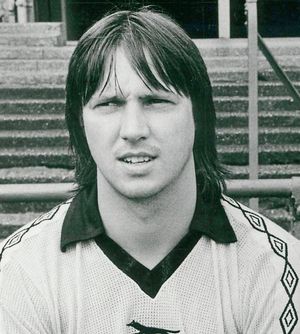
After Charlton won the inaugural event in 1968, former Wolves keeper Michael Oakes’ Dad Alan and Colin Bell were part of the triumphant Manchester City side the following year, and then Bobby Charlton and George Best helped fire Manchester United to success in 1970.
That was the environment and the quality in which Wolves were operating at the time and yet, as the eleven-a-side game showed, the gold and black class of the Seventies were very much home in that sort of company.
And so, to the 1974 and 1980 League Cups won next door at Wembley, several other knockout semi-finals, a UEFA Cup final in 1972 and finishing fifth in the league, can also be added two other notable triumphs.
Daily Express five-a-side national champions, at the double!
Wolves’ coach for the two successive tournament wins was Brian Owen, who initially arrived as a player/coach under Bill McGarry, making several appearances after an impressive career spent largely with Watford which featured a Third Division championship and FA Cup semi-final.
Owen had played under the McGarry/Sammy Chung managerial pairing at Vicarage Road and so, after a spell at Colchester, the now Wolves boss initiated a reunion at Molineux.
And then, as Owen moved into coaching, McGarry, in ‘75, and Chung, in ’76, asked him to take the team down to London for a spot of five-a-side!
“I was the coach anyway and worked with the players every day, so I was comfortable enough taking the team,” Owen explains.


